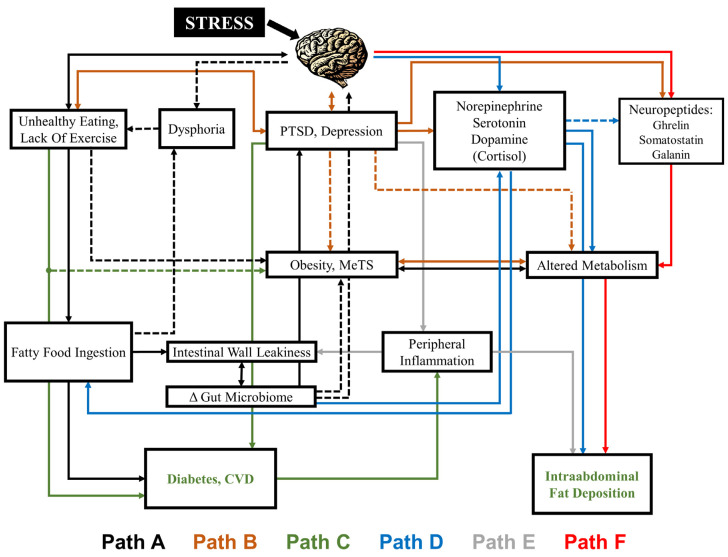Lewis Hamilton Reveals Vegan Diet Helped with Mood Swings: Study Shows How Plant-Based Diet Reduces Depressive Symptoms
Dec 15, 2024Explore how Lewis Hamilton's vegan diet has contributed to his improved mental and physical well-being, supported by scientific studies linking plant-based diets to better mood and mental health.
Lewis Hamilton's Vegan Diet and Improved Mental Well-being: A Review of Evidence.
Formula One driver Lewis Hamilton has publicly attributed his improved mental and physical health to adopting a vegan diet. Multiple sources report on this dietary change and its positive impact on his mood and overall well-being.
Lewis Hamilton's Experience
Several articles highlight Hamilton's personal experience with his vegan diet. He stated that switching to a plant-based diet two years prior to the interviews significantly improved his health. He specifically mentioned a reduction in mood swings and a swollen belly, issues he previously considered normal. He also reported increased energy levels and improved performance on the track. One article quotes Hamilton from an interview with Vanity Fair where he discusses his newfound love for hummus, a food he previously disliked. He credits his improved consistency and five world championship titles since adopting the vegan lifestyle as evidence of its benefits.

-1734095099752.jpg)
Supporting Scientific Evidence
While Hamilton's personal experience is compelling, scientific studies also suggest a link between plant-based diets and improved mental health. One article references a study revealing how plant-based diets can help reduce depressive symptoms. Another article, from the National Center for Biotechnology Information (NCBI), provides a detailed review of the literature on the relationship between diet, stress, and mental health. This review discusses various pathways through which diet can influence mood, including the role of neurotransmitters, neuropeptides, and the gut microbiome. The review notes that while some studies show a reduction in depressive symptoms with vegan diets, the evidence is not conclusive and more research is needed.

The NCBI article also presents a table summarizing controlled trials on dietary interventions for depression, including studies involving vegan diets, omega-3 fatty acid supplementation, and the Mediterranean diet. The results of these trials are mixed, with some showing positive effects on depressive symptoms and others showing no significant difference compared to control groups.

Additional Dietary Details
An article from Business Insider provides a glimpse into Hamilton's daily meals, including his breakfast choices (porridge, beans on toast), lunch options (falafel sandwiches, vegan chili), and dinner preferences (tofu stir-fry, sweet potato with quinoa). This article also notes that while he initially struggled to find tasty vegan alternatives to some of his favorite foods, he ultimately adapted and found satisfying replacements.
Conclusion
While Lewis Hamilton's personal experience with a vegan diet and improved mental well-being is noteworthy, the scientific evidence supporting a direct causal link between veganism and reduced depressive symptoms remains inconclusive. While some studies suggest a positive correlation, more research is needed to establish definitive conclusions. The NCBI review highlights the complex interplay of factors influencing mental health, including diet, stress, and the gut microbiome, emphasizing the need for further investigation in this area.
Jan 21, 2025
Explore the pros and cons of a plant-based diet, including health benefits, potential challenges, and tips for successful implementation. Learn about vegetarian, vegan, and flexitarian approaches.
Jan 20, 2025
Explore the latest research on plant-based diets and their powerful health benefits, including disease prevention, heart health, diabetes management, and cancer risk reduction.
Jan 16, 2025
Explore the nutritional landscape of processed fake meat, comparing them to traditional meat and whole plant foods. Learn about ingredients, health impacts, and making informed choices.